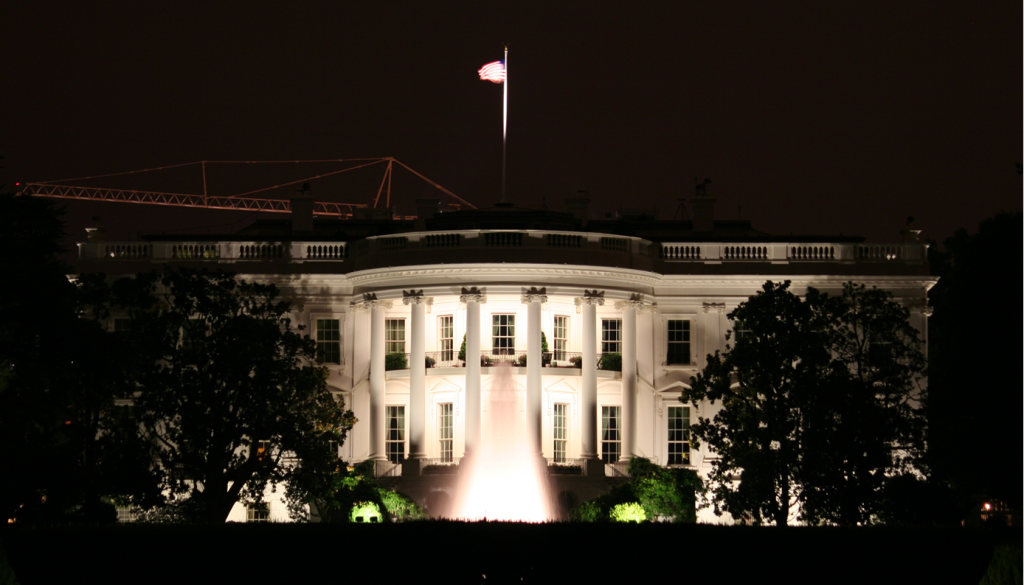CSS Report: Public Pays Price as Eight Key Rules Held Up
It was just a year and a half ago – December 15, 2011 – that President Obama championed a key proposed rule from the the Department of Labor. The rule was going to fix a longstanding problem: companies employing home health care workers do not have to pay them minimum wage or an overtime wage (we’re not making this up). The labor department was finally proposing to change that. Here’s how the President put it in a White House ceremony that day:
As the homecare business has changed over the years, the law hasn’t changed to keep up. So even though workers like Pauline do everything from bathing to cooking, they’re still lumped in the same category as teenage babysitters when it comes to how much they make. That means employers are allowed to pay these workers less than minimum wage with no overtime. That’s right — you can wake up at 5:00 in the morning, care for somebody every minute of the day, take the late bus home at night, and still make less than the minimum wage. And this means that many homecare workers are forced to rely on things like food stamps just to make ends meet.
That’s just wrong. In this country, it’s unexcusable. I can tell you firsthand that these men and women, they work their tails off, and they don’t complain. They deserve to be treated fairly. They deserve to be paid fairly for a service that many older Americans couldn’t live without.
Fast forward to today: the rule President Obama championed has not actually been issued. The labor department sent a draft of its final rule to the White House’s Office of Information and Regulatory Affairs (OIRA) on January 15 of this year for review. And that’s where it stands today. The rule the president himself championed is being held up in his own White House.
The home care worker rule is just one of 8 stalled rules chronicled in a new Coalition for Sensible Safeguards (CSS) report, Down the Regulatory Rabbit Hole: How Corporate Influence, Judicial Review and a Lack of Transparency Delay Crucial Rules and Harm the Public. The report shows how a series of public protections drafted by federal agencies are stalled, in several cases beyond specific legal deadlines set by the U.S. Congress. And it shows how the failure to finalize rules harms the American people by compromising the safety of food, automobiles, workplaces and protections for investors.
The report argues that regulated industries have gained undue influence in the rulemaking process, working to slow or stop federal oversight at every step along the way.
The report’s recommendations for the Obama administration are succinct: The administration has the authority and ability to issue six of the eight rules discussed in this report and should do so promptly. Three of those rules have been delayed even beyond legal deadlines set by Congress.
The report also recommends changes Congress can make to help ensure that other public protections are less easily stalled, weakened or blocked, and that the rules would be more effective once implemented.
– Ben Somberg

